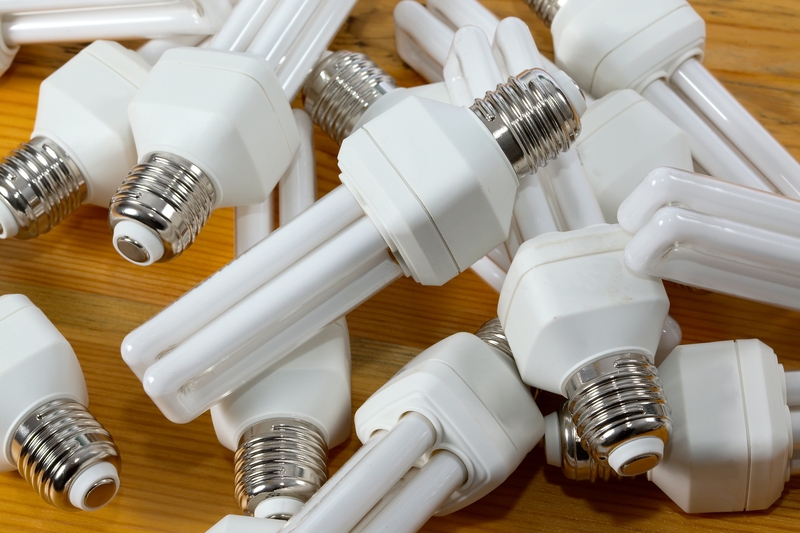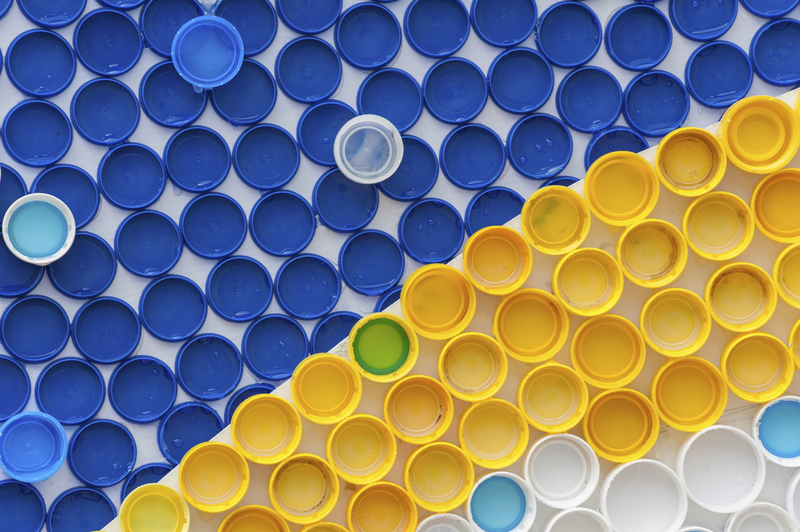Common Recycling Blunders
Posted on 03/10/2025
Common Recycling Blunders: What You Need to Know
Recycling is a crucial process that benefits the environment by reducing waste, conserving resources, and lowering greenhouse gas emissions. Despite good intentions, many of us make common recycling mistakes that can diminish the effectiveness of our efforts. Understanding these blunders and learning how to avoid them can make a significant impact. Here, we identify some of the most common recycling errors and provide tips for effective recycling.
1. Contaminating Recyclables
One of the most significant mistakes in recycling is the contamination of recyclable materials. This occurs when non-recyclable items are mixed with recyclables, rendering the entire batch unrecyclable. Common contaminants include food waste, plastic bags, and greasy pizza boxes. Always rinse out containers and remove any food residue before recycling.

2. Bagging Recyclables
While it may seem organized to bag your recyclables, most recycling facilities do not accept bagged items. Plastic bags can entangle machinery at recycling plants, causing delays and potential damage. Always place recyclables directly into the bin.
3. Not Knowing Your Local Recycling Rules
Recycling guidelines can vary significantly between municipalities. Some areas may accept certain types of plastics, while others do not. It's crucial to familiarize yourself with your local recycling rules to ensure you're recycling correctly.
4. Wishcycling
Wishcycling is the practice of placing non-recyclable items into the recycling bin in the hope that they can be recycled. This wishful thinking can lead to contamination and increased sorting costs. When in doubt, it's better to throw the item in the trash than risk contaminating the recycling stream.
5. Misunderstanding Plastics
Not all plastics are created equal, and only certain types can be recycled. Plastics are usually labeled with a numbered code (1-7). Typically, plastics labeled 1 (PET) and 2 (HDPE) are widely accepted by recycling programs. Always check the number inside the recycling triangle and adhere to your local guidelines.
6. Ignoring E-waste
E-waste, or electronic waste, includes items like old phones, computers, and batteries. These items should never be placed in regular recycling bins as they contain hazardous materials. Instead, take them to designated e-waste recycling centers or collection events.
Tips for Effective Recycling
- **Rinse Containers:** Make sure all containers are free from food and liquid residues.
- **Check Local Guidelines:** Stay updated on what can and cannot be recycled in your area.
- **Flatten Cardboard:** Broken down cardboard saves space and is easier to process.
- **Avoid Plastic Bags:** Use reusable bins or take plastic bags to special recycling drop-off locations.
- **Recycle E-waste Properly:** Locate nearby e-waste recycling facilities or events.
Pros and Cons of Recycling
Pros:
- **Environmental Protection:** Reduces waste sent to landfills and lowers greenhouse gas emissions.
- **Resource Conservation:** Saves raw materials and energy.
- **Economic Benefits:** Creates jobs in the recycling and manufacturing industries.
- **Pollution Reduction:** Lowers pollution associated with waste disposal and resource extraction.
Cons:
- **Contamination:** Can make recyclables unusable and increase sorting costs.
- **Energy Intensive:** Some recycling processes consume significant energy.
- **Variable Guidelines:** Inconsistent rules can confuse consumers and lessen effectiveness.

Takeaways
- **Educate Yourself:** Understanding local recycling rules is essential.
- **Avoid Contaminants:** Keep food, liquids, and non-recyclables out of the bin.
- **Proper Disposal:** Ensure e-waste and hazardous materials are disposed of correctly.
Conclusion
Recycling is a vital part of sustainable living, but it's not without its challenges. By avoiding common recycling blunders and following best practices, we can all contribute to a more effective recycling system. Let's make a conscious effort to recycle correctly and support a healthier planet.
---
By following the tips and understanding the common pitfalls, you can significantly improve your recycling habits. Every small action can lead to substantial environmental benefits, paving the way for a more sustainable future.
Latest Posts
Eco-Friendly Home Organization
Dispose with Care: Responsible Strategies for Removing Waste
Sustainable Solutions for Commercial Waste
Sustainable Solutions: A Closer Look at London's Waste Reduction Efforts

 020 3744 5712
020 3744 5712










